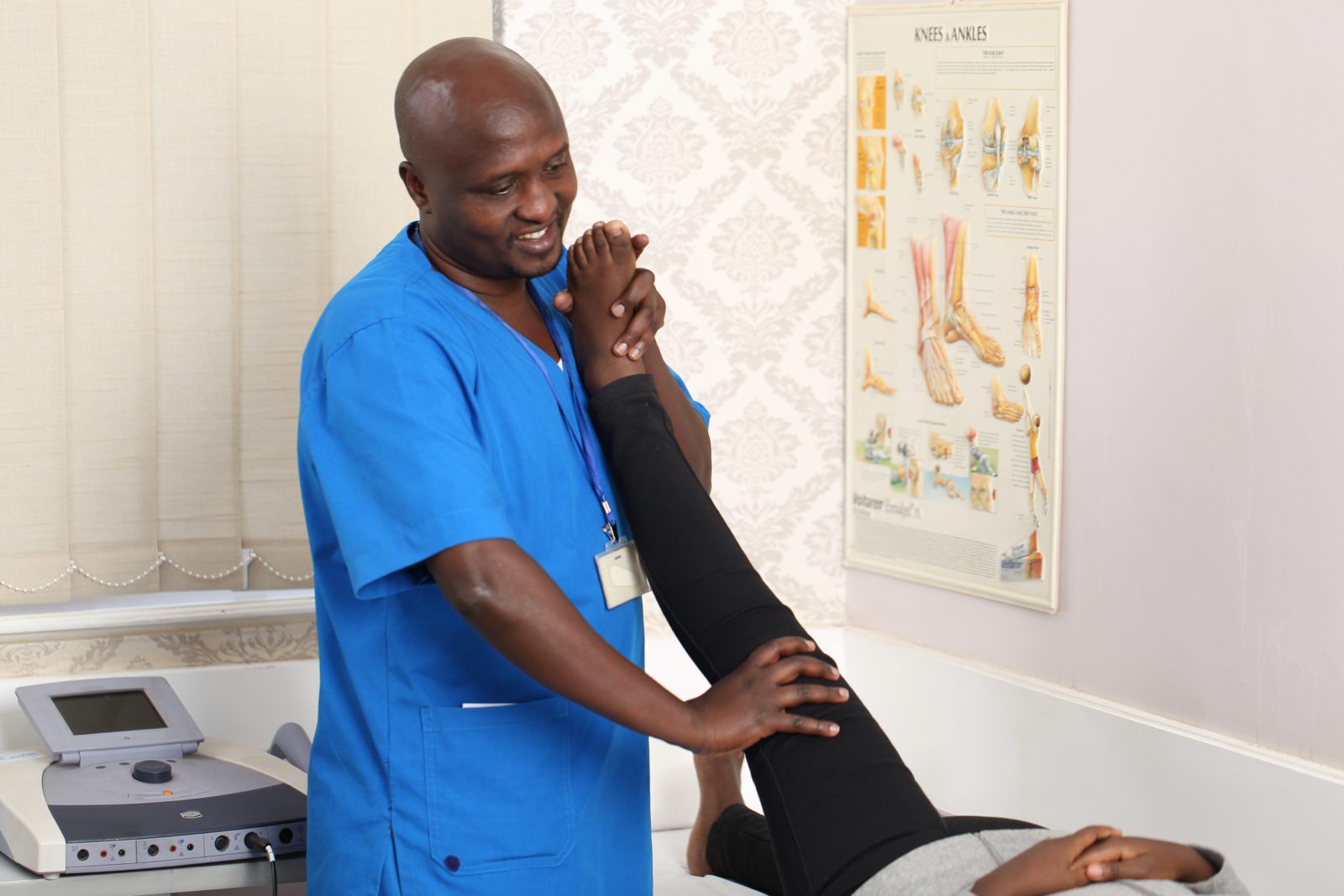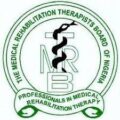What Is Physiotherapy?
Physiotherapy is a health care profession that assists people to restore, maintain and maximize their strength, function, movement, and overall well-being. The terms “physiotherapy” and “physical therapy” mean the same thing and are used interchangeably, as are the terms “physiotherapist” and “physical therapist”.
Physiotherapists have in-depth knowledge of how the body works and specialized hands-on clinical skills to assess, diagnose, and treat symptoms of illness, injury, and disability. Physiotherapy includes rehabilitation, as well as prevention of injury, and promotion of health and fitness. Physiotherapists often work in teams with other health professionals to help meet an individual’s health care needs.
How to become a physiotherapist
Physiotherapists in Nigeria are trained in universities and are registered health professionals. Physiotherapists who desire to practice their profession in Nigeria must be licensed to practice their profession by the Medical Rehabilitation Therapists Board of Nigeria (MRTB). Graduates of Nigerian Physiotherapy training programs and all foreign-trained physiotherapists are therefore required to be licensed before they can practice in Nigeria.
The Medical Rehabilitation Therapists Board of Nigeria (MRTB), which was constituted by Nigerian law, i.e Decree No. 38 of 1988 was inaugurated on December 29, 1992. This Board is a Parastatal, and an arm of the Federal Ministry of Health in Nigeria. Unlike the other Boards or Councils; the Medical Rehabilitation Therapists Board of Nigeria has a heterogeneous nature in the sense that the Board controls the training and practice of five different Medical Professions in Nigeria.
These professionals work in a variety of environments including hospitals, community health centers, private practices, sports clubs, rehabilitation centers, schools, fitness centers, and in the workplace. They either work alone or with other health care providers to deliver a multi-directional approach to rehabilitation. The Nigeria Society of Physiotherapy (NSP) is the national professional body representing physiotherapists trained around the world practicing in Nigeria. The Society has chapters in all states of the Federation and is a member of the World Confederation of Physical Therapy (WCPT). The NSP shares in the principle of WCPT that every individual is entitled to the highest possible standard of culturally appropriate healthcare provided in an atmosphere of trust and respect for dignity.
The role of the physiotherapist
The role of a physiotherapist is varied and rarely are two days the same. A physiotherapist may have to assess the physical condition of a patient to diagnose problems and implement a treatment plan, or they could also be re-training patients to walk, or helping others to cope with crutches, walking frames, or wheelchairs.
Education is also an essential role in physiotherapy. Physiotherapists spend much time educating patients, their families, and the community to prevent injuries and to help people lead healthy lifestyles. A physiotherapist may also plan and implement community fitness programmes. Finally, physiotherapists can also issue sick leave certificates should it be deemed necessary to do so.
During their career, physiotherapists treat all manner of people including children with cerebral palsy, premature babies, pregnant women, people undergoing rehabilitation, athletes, the elderly (to try and get them fitter), and those needing help following heart disease, strokes, or major surgery.
Types of physiotherapy
Physiotherapy can be an effective treatment for a plethora of conditions, and the following treatments can help lessen the recovery time after a variety of surgeries.
Physiotherapists can specialize in several different areas, including sports medicine, children’s health (pediatrics), and women’s health, and within these parameters, there are three different areas of practice. These are:
Musculoskeletal: This is also called orthopedic physiotherapy and is used to treat conditions such as sprains, back pain, arthritis, strains, incontinence, bursitis, posture problems, sport and workplace injuries, plus reduced mobility. Rehabilitation following surgery is also included within this category.
Neurological: This is used to treat disorders of the nervous system, including strokes, spinal cord injuries, acquired brain injuries, multiple sclerosis, and Parkinson’s disease. It can also be used for rehabilitation following brain surgery.
Cardiothoracic: This is the name given to the treatment of used asthma, chronic bronchitis, emphysema, and other cardio-respiratory disorders.
Types of treatment in physiotherapy
Each individual’s treatment is tailored to suit their specific requirements, and a physiotherapist will choose from a wide range of therapies, including:
Manual therapies: These can include joint manipulation and mobilization (which provides for spinal mobilization), manual resistance training, and stretching.
Exercise programmes: Such as muscle strengthening, posture re-training, cardiovascular stretching, and training.
Electrotherapy techniques: Consists of Transcutaneous Electrical Nerve Stimulation (TENS), laser therapy, diathermy, and ultrasound.
In many cases, an injury can be caused by other underlying factors. It could be that constant back pain is caused by repetitive work-related activities, bad posture, being overweight, or even adopting the wrong technique when playing a sport. Accordingly, the physiotherapist not only treats the back pain but addresses the other factors too. This holistic approach aims to reduce the risk of the injury happening again.
List of Universities that offer Physiotherapy as a course
The following are the list of universities that offer Physiotherapy as a course:
- Bayero University, Kano
- Bowen University, Iwo
- Federal University, Ndufu-Alike, Ebonyi State
- University Of Benin, Benin City
- University Of Ibadan, Ibadan
- University Of Lagos
- University Of Maiduguri.
Further study
A small percentage of physiotherapy graduates from Nigerian Universities go on to further study directly after their degree. Many prefer to work for several years first to develop professional skills before applying for a Masters (MSc) in a specialist area.
Popular areas of study include advanced physiotherapy in areas such as sports and exercise, rehabilitation, neurorehabilitation, pediatric and neuromusculoskeletal physiotherapy.
Courses in animal physiotherapy are also available. If you’re interested in research, Ph.D. opportunities are available. Practicing physiotherapists must undertake continuing professional development (CPD) in the form of courses, workshops, supervision, and reflective practice.
Salary Structure of a Physiotherapist in Nigeria
The average salary of Physiotherapists in Nigeria is about N160,000 monthly after tax. Entry-level salary for physiotherapists is around N80,000 – N100,000 monthly while those in middle-level positions earn the average amount and those in senior-level positions are paid around #270,000 and above monthly.






